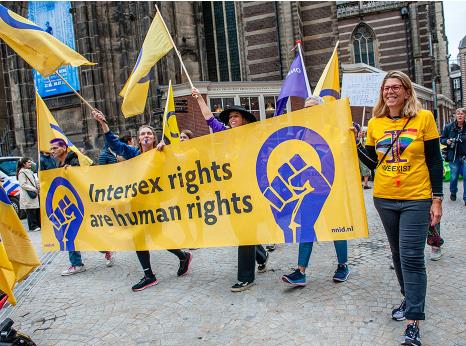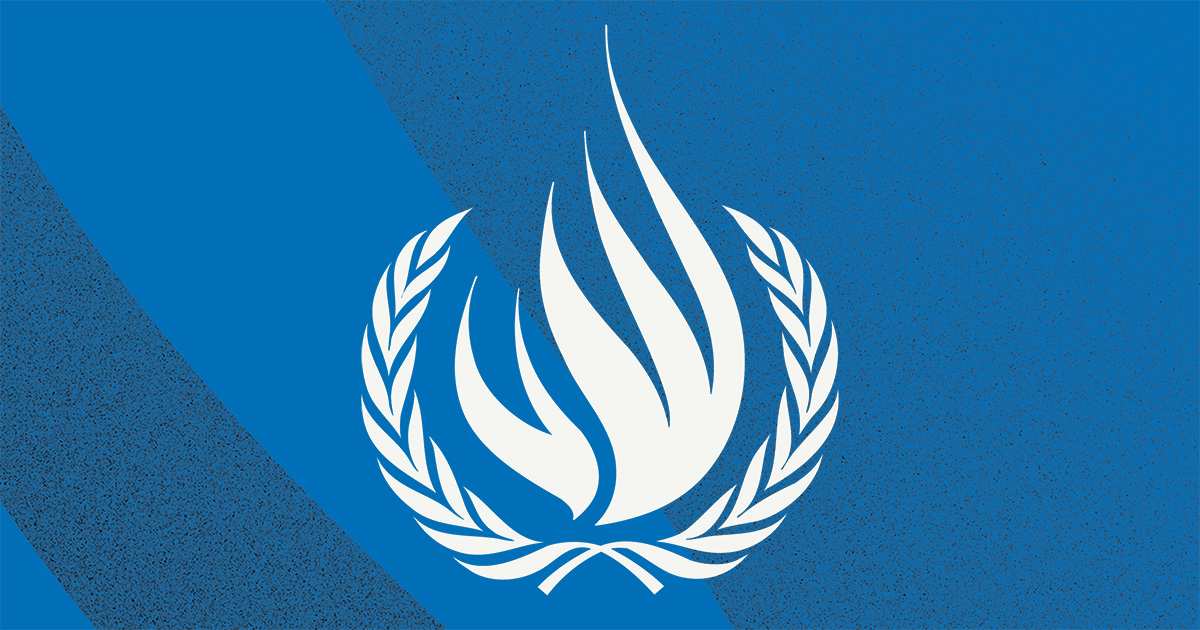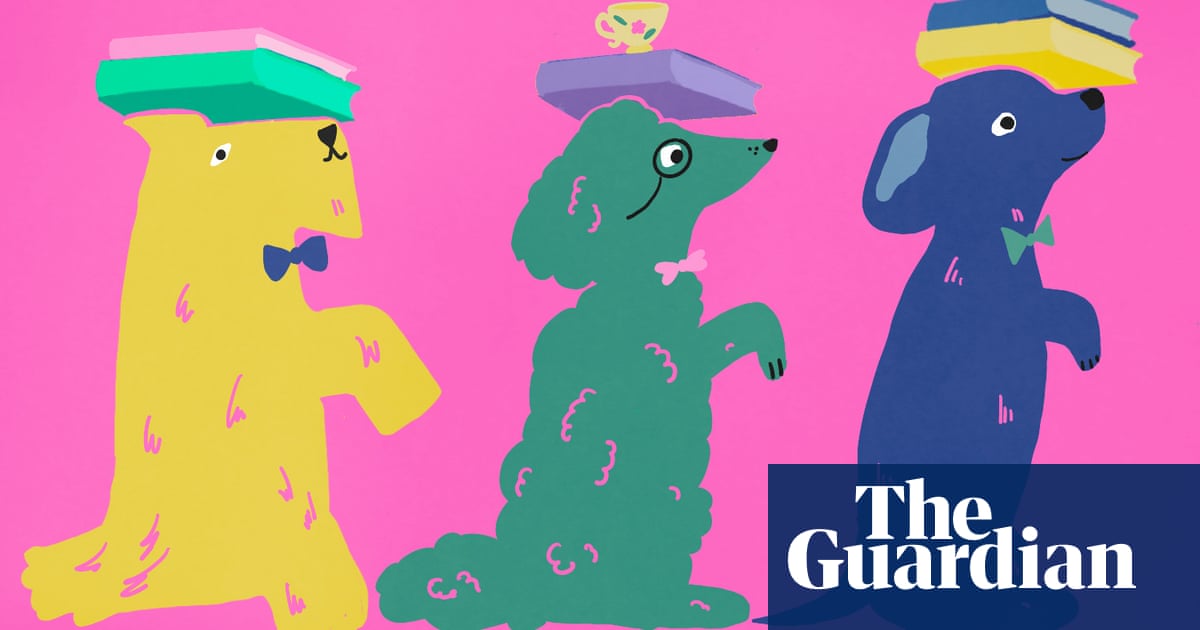
Obioma Chukwuike went to an all-girls boarding school in Nigeria, but was not sure if she was a girl or a boy. “Everybody seemed so worried about my body all the time. People kept asking me if I was a girl or a boy and I would answer: ‘I don’t know. I am just me’.”
Kaisli Syrjänen recalls the secrecy and the silence during adolescence in Finland. “It was a feeling of not being fully included, of not having a space simply because you didn’t fit into a binary worldview.”
Crystal Hendriks grew up in South Africa thinking she was “a normal girl” until she never got her menstruation like all the girls around her. “I thought I was the only person in the world like this. I felt alone at school and inadequate as a human. I sometimes don’t know how I survived.”
Mauro Cabral Grinspan still painfully remembers how a visit to a small pediatric clinic in Argentina at age 13 led to a long series of traumatic medical procedures, psychotherapy and surgeries throughout the years. “They couldn"t accept that my body was fine the way it was. It was a brutal form of medical violence.”
Across the world, intersex people often suffer from discrimination, stigma and prejudice, and are subjected to multiple rights violations during all their lives. Intersex people are born with sex characteristics that do not fit typical binary notions of male or female bodies. This week, Chukwuike, Syrjänen, Hendriks and Cabral Grinspan joined many human rights defenders and intersex organizations in celebrating a milestone that culminates years of tireless advocacy and grassroots campaigning.
“Universality of human rights”
In a landmark vote, the Human Rights Council on April 4 adopted a resolution calling on Member States to enhance efforts to combat discrimination, violence and harmful practices against intersex people, the first of its kind for the United Nations. The resolution also calls on Member States to address the root causes, such as stereotypes, spread of misconceptions and inaccurate information, stigma and taboo, and to work to fulfil the enjoyment of the highest attainable standard of physical and mental health for persons with innate variations in sex characteristics.
“This is a great moment for the intersex community, but we still have a long way to go,” said Dr. Morgan Carpenter, Executive Director of Intersex Human Rights Australia (IHRA) and a bioethicist at the University of Sydney School of Public Health.
“Because of the way our bodies are perceived as different, we can experience stigmatisation, discrimination and harmful practices, including medical interventions to make our bodies appear or function in ways that are more typically female or male. We are calling for the same rights as everybody else. It’s about the universality of human rights, including the rights to bodily integrity and bodily autonomy, and freedom from harmful practices.”
Intersex persons are born with a wide range of natural variations in their sex characteristics that don’t fit the typical definition of male or female, including sexual anatomy, reproductive organs or chromosome patterns. It’s estimated that up to 1.7 per cent of the population is born with intersex traits, according to UN data. Working with civil society and intersex rights defenders, UN Human Rights has led several initiatives to promote the visibility and rights of intersex people and issued a Technical Note in 2023 for States and other stakeholders on UN recommendations on the rights of intersex people and good practices in their implementation.
Most of the activists share stories of pain, shame and suffering in solitude, including feeling misunderstood by their own families, particularly when reaching puberty.
Chukwuike, 29, only heard of the word intersex at university, after finding out about other members of the intersex community through the internet. “I did not enjoy my childhood. All the conversations around me were about how can we fix Obioma’s body and at one point I stopped talking to my family to find peace with myself.”
In 2019, Chukwuike founded Intersex Nigeria, an NGO that raises awareness and advocates for legislative change, engaging with government ministries and human rights commissions. For Chukwuike, the HR Council resolution is a “utopia” intersex groups have been working on for years. “Resolutions are not binding but we can use it to make governments accountable.”
Shame and humiliation
Hendriks, from the International Lesbian, Gay, Bisexual, Trans and Intersex Association (ILGA World), had the gonads surgically removed as an adolescent, a form of medically unnecessary surgery and other invasive treatment of intersex babies and children that are performed by doctors without consent. UN bodies have condemned such procedures as harmful practices and ill treatment.
Hendriks, 37, turned her feelings of shame and humiliation of growing up into her biggest strength when she decided to become an activist. “Now I can be bold and can come out. But I had to do it alone. It would have been great to have support.”
“
The best part of my life was when I met other people like me. We are humans, like anybody else.
“
CRYSTAL HENDRIKS, INTERSEX ACTIVIST FROM SOUTH AFRICA
She said the resolution is a step in the right direction, but added there is still a lot of work to be done in South Africa and in the rest of the world. “Our challenge now is to implement this resolution and strategize at grassroot level advocacy.”
Syrjänen (shown below) cofounded the ISIO Intersex Human Rights, Finland, 10 years ago because at the time there was no information in the Finish language about intersex people. “It was an eye-opening experience for me to find out there are other people in this community. We decided to start our organization so that people don’t have to search for so long and to end the atmosphere of silence and secrecy surrounding growing up.”
The activist said the resolution was a “big victory,” but now it was time to turn it into national and international legislation, particularly to protect children. Syrjänen said intersex people don’t get the medical services they need because their bodies don’t meet the normal characteristics, and this includes a lack of mental health services.
Cabral Grinspan, 52, coordinates the international project on intersex depathologization at IHRA and investigates on intersex people and the right to truth. The activist said that the resolution is something “we could only have done working collectively and at a global level.” Cabral Grinspan hopes the resolution boosts a global campaign to end intersex pathologization in medical classifications, including the International Classification of Diseases.
“I hope that other people don’t have to go through what we went through. We have the right to have the world be aware that over the last 50 years the bodies of children and adolescents were medically intervened with the only goal of ‘normalizing’ them.”












